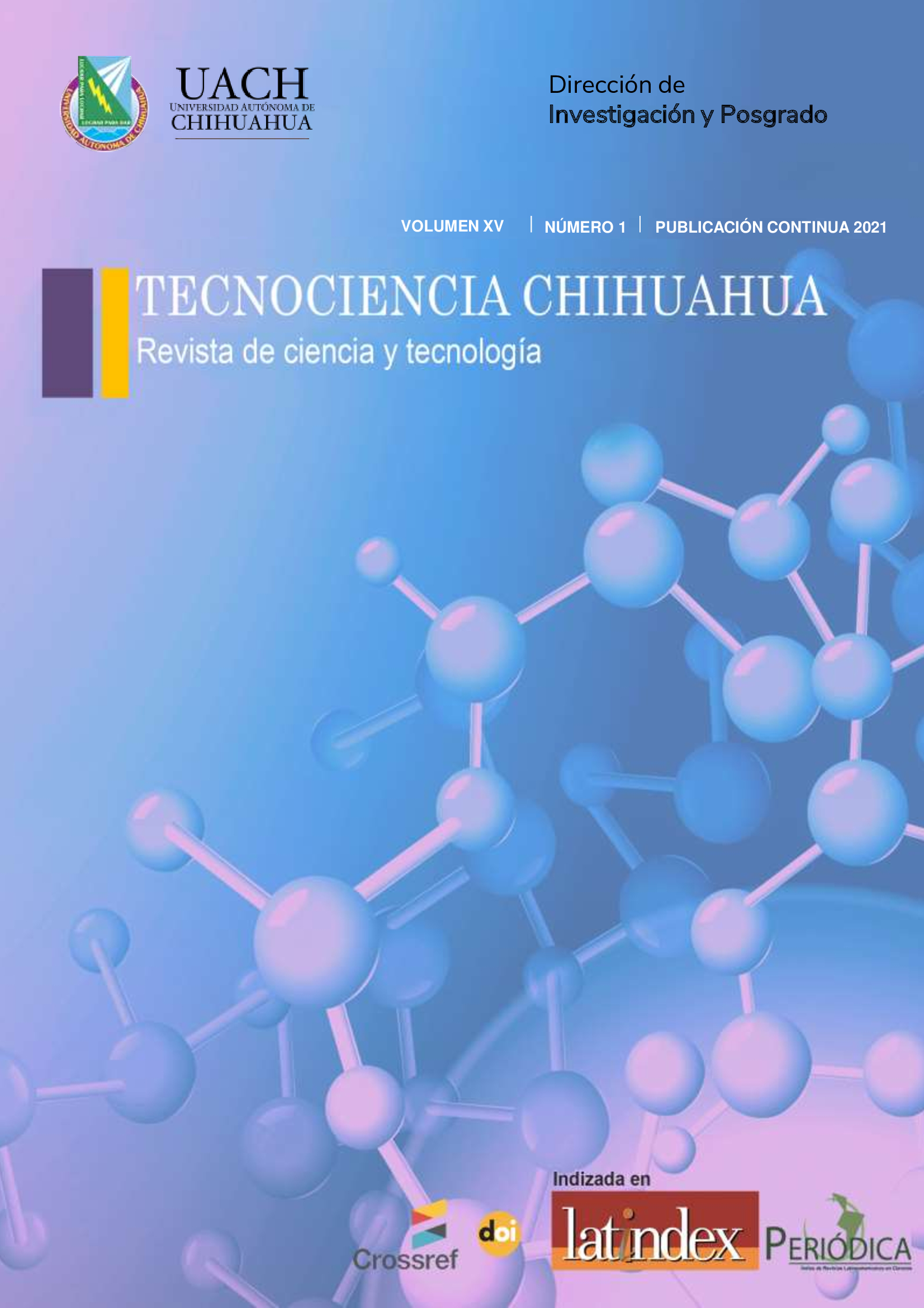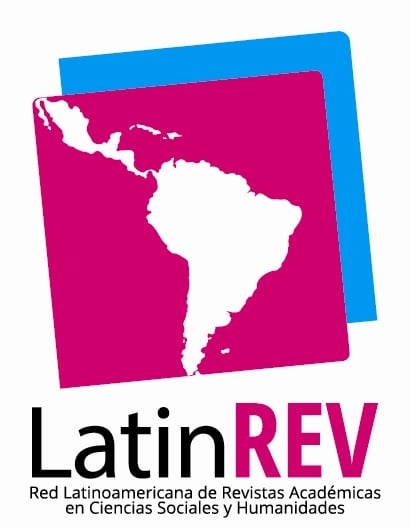Methanol detection in commercial sanitizing gels, during the COVID-19 Pandemic
Detección de metanol en geles desinfectantes comerciales, durante la pandemia COVID-19
DOI:
https://doi.org/10.54167/tch.v15i1.761Palabras clave:
metanol, etanol, geles sanitizantes, sars Cov-2, Covid-19Resumen
The ethanol (active) and methanol (toxic) substances content were quantified for commercial sanitizing gels. The health emergency caused by the COVID-19 epidemic has motivated to production of sanitizing gels to cover higher demand. The analytical composition of 24 commercial gels is reported (15 produced by national and transnational companies, and 9 collected gels which were in use at public areas). From the results it was found, that only one brand of 15 gels meets the quality requirements regarding 70% (wt./wt.) of ethanol content. Concerning to the collected gels, none of them contains the minimum active compound required. The non-compliance of this requirement means that these gels present its sanitizing action diminished. A striking result is that 25% of commercially packaged gels contain methanol - a toxic substance - in alarming amounts, hundreds of times more than the FDA upper limits requirement.
Descargas
Citas
Chávez, N. P. S., Reyes Gómez, U., Hernández, U. R., Hernández, D. R., Ponce, B. R., Valencia, H. S., ... & Palacios, E. S. (2010). Evaluación de la higiene de manos, su impacto después de un programa de mejora continua en el Hospital Regional del ISSSTE en Oaxaca. Revista de Enfermedades infecciosas en Pediatría, 23(92), 116-123. https://bit.ly/3NjhbIV
Coldea, T. E., Socaciu, C., Fetea, F., POP, R. M., & FLOREA, M. (2013). Rapid quantitative analysis of ethanol and prediction of methanol content in traditional fruit brandies from Romania, using FTIR spectroscopy and chemometrics. Notulae Botanicae Horti Agrobotanici Cluj-Napoca, 41(1), 143-149. http://dx.doi.org/10.15835/nbha4119000
Balderas-López, M., Zamora-Macorra, M., & Martínez-Alcántara, S. (2019). Musculoskeletic disorders in workers of tire manufacturing: analysis of the work process and. Acta Universitaria, 29. https://doi.org/10.15174/au.2019.1913
Fisher. https://fscimage.fishersci.com/msds/14280.htm
Garduño‑López AL, Guido‑Guerra RE, Guizar‑Rangel MT, Acosta‑Nava VM, Domínguez-Cherit G, Alvarez‑Bobadilla G. (2020). Manejo perioperatorio del paciente con COVID-19. Revista Mexicana de Anestesiología, 43(2), 109-120. https://dx.doi.org/10.35366/92869
Guilhermetti, M., Wiirzler, L. M., Facio, B. C., da Silva Furlan, M., Meschial, W. C., Tognim, M. B., ... & Cardoso, C. L. (2010). Antimicrobial efficacy of alcohol-based hand gels. Journal of Hospital Infection, 74(3), 219-224. https://doi.org/10.1016/j.jhin.2009.09.019
Ma, Q. X., Shan, H., Zhang, H. L., Li, G. M., Yang, R. M., & Chen, J. M. (2020). Potential utilities of mask‐wearing and instant hand hygiene for fighting SARS‐CoV‐2. Journal of medical virology. 92(9):1567-157. https://doi.org/10.1002/jmv.25805
Pandejpong, D., Danchaivijitr, S., Vanprapa, N., Pandejpong, T., & Cook, E. F. (2012). Appropriate time-interval application of alcohol hand gel on reducing influenza-like illness among preschool children: a randomized, controlled trial. American journal of infection control, 40(6), 507-511. https://doi.org/10.1016/j.ajic.2011.08.020
Paulson, D. S., Fendler, E. J., Dolan, M. J., & Williams, R. A. (1999). A close look at alcohol gel as an antimicrobial sanitizing agent. American journal of infection control, 27(4), 332-338. https://doi.org/10.1016/s0196-6553(99)70053-2
UNAM. Congreso Estudiantil de Investigación del SI 2014 Proyecto CIN2014A10215 https://bit.ly/3FQMGHT
Publicado
Cómo citar
-
Resumen551
-
PDF95
-
HTML18

















